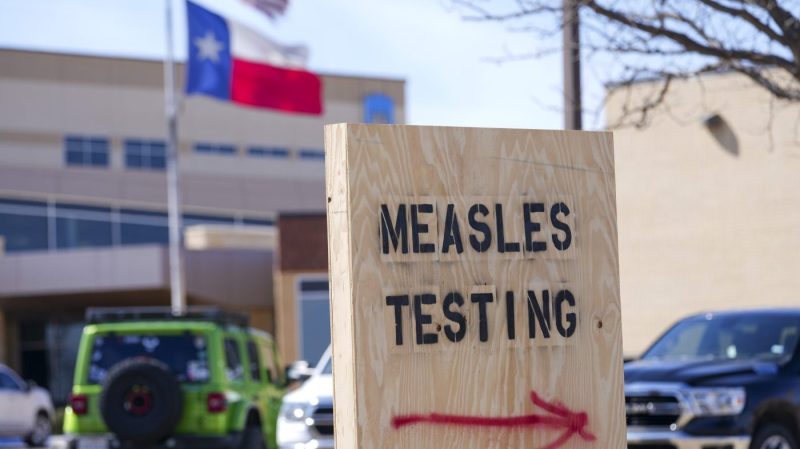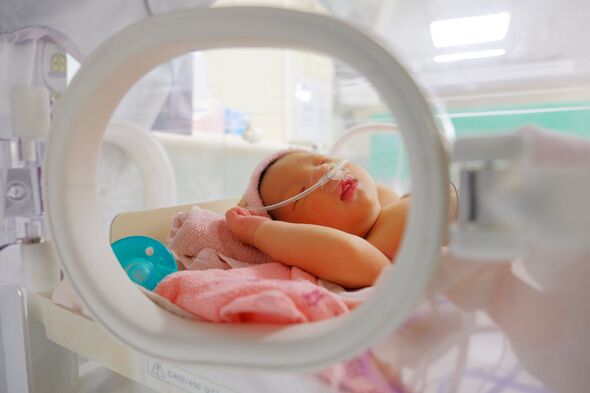Recent letters to advice columnist Annie Lane highlight two families navigating profound challenges: a mother facing a cancer recurrence and another grappling with a dangerous family conflict. Both situations reveal the complexities of communication and emotional support in difficult times.
Sharing Cancer News with Family
One letter, signed by Balancing Burdens, details the struggle of a mother diagnosed with a recurrence of cancer. She has chosen not to inform her daughter, who is currently overwhelmed with the demands of caring for newborn twins and a 6-year-old daughter. The mother fears that sharing her diagnosis will add to her daughter’s stress, particularly after the loss of her first husband to suicide four years ago.
Despite her concerns, Lane advises against withholding such critical news. She emphasizes that honesty is essential in maintaining family connections. “Keeping this from your daughter won’t protect her,” Lane writes. She suggests that the mother should simply explain her diagnosis, the treatment options being considered, and the support she has from her husband. This transparent approach allows the daughter to process the situation and offer her support in return.
Lane’s guidance underscores the importance of open communication, particularly when family members face health crises. She further notes that the mother has spent years being there for her daughter, and now it is time for the daughter to reciprocate.
Addressing Family Conflict and Safety
In a separate letter, Mother Driven Away describes a volatile situation with her adult son. Following a hiking trip in Maine, tensions escalated after a phone call from her ex-husband, which prompted her son to display alarming behavior. During the drive home, he threatened her life and attempted to take control of the vehicle, an act that could have led to disastrous consequences.
Lane responds with a stark warning: the son’s actions were not only confusing but also dangerous. She advises the mother to prioritize her safety, recommending that she not be alone with her son until he seeks help for his behavior. While acknowledging the potential influence of the ex-husband, Lane stresses that the son, as an adult, is responsible for his actions.
In her response, she encourages the mother to reach out through a letter or email, expressing love while also addressing the severity of the situation. Lane suggests that the mother should consider professional assistance, including counseling or anger management for her son. She also advises contacting a domestic violence hotline or legal authorities if threats persist, emphasizing the importance of self-protection.
These letters illustrate the profound emotional burdens families face when confronting serious health issues or conflicts. Lane’s compassionate yet practical advice serves as a reminder of the need for open dialogue and prioritization of safety amidst turmoil. Such discussions are never easy, but they are crucial for maintaining familial bonds and ensuring the well-being of all involved.
For those navigating similar challenges, seeking professional support and maintaining honesty in communication can be vital steps toward healing and understanding.







